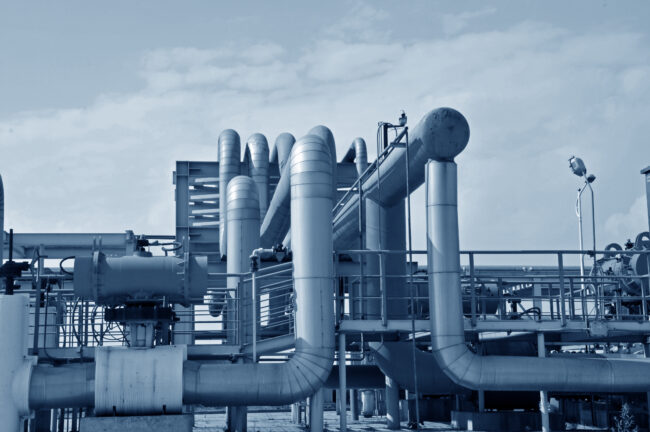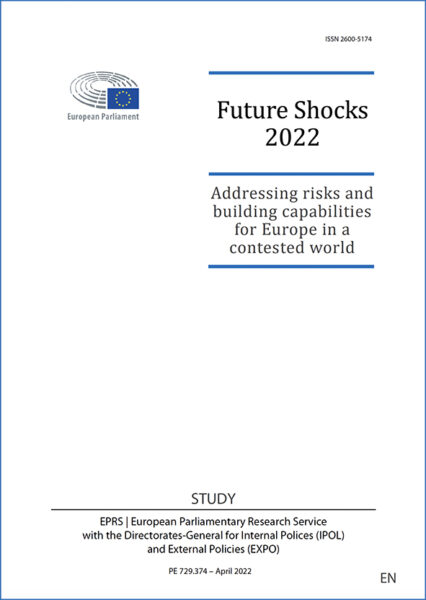Since the increased tension in relations between Russia and the European Union following the Ukrainian conflict and the annexation of Crimea, the EU’s energy dependence on Russia has become a matter of major concern, particularly as, according to the European Commission, that dependence could increase greatly in the coming decades as energy needs rise. In this context, the recent discoveries of gas deposits in the Eastern Mediterranean represent, if not an alternative, then at least an opportunity to diversify supplies in the long term. However, if these reserves are to be exploited and potentially exportable, it will be necessary, as Jean-François Drevet shows here, to remove a number of political obstacles so that the various countries concerned can be made to cooperate.
This column offers an assessment of gas potential in the Eastern Mediterranean, which is largely divided between Israel, Egypt, Syria, Lebanon, Palestine and Cyprus and has at times been a source of conflict in respect of the demarcation of exclusive economic zones for its exploitation. It also points up the issues with regard to energy self-sufficiency for the countries concerned and to the exporting of the gas (given the costs involved in building the necessary infrastructure), together with the difficulties of regional cooperation on this question.



